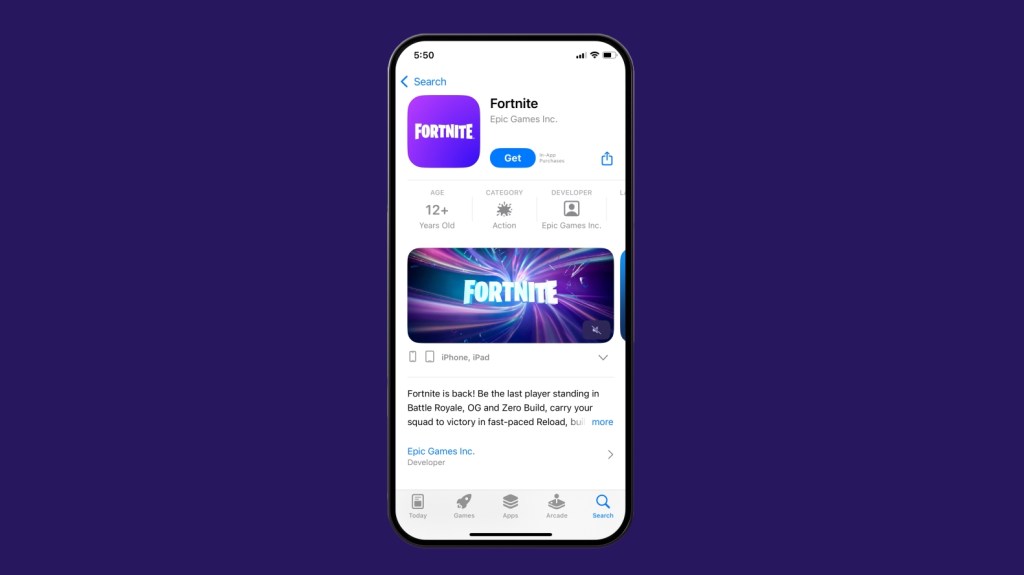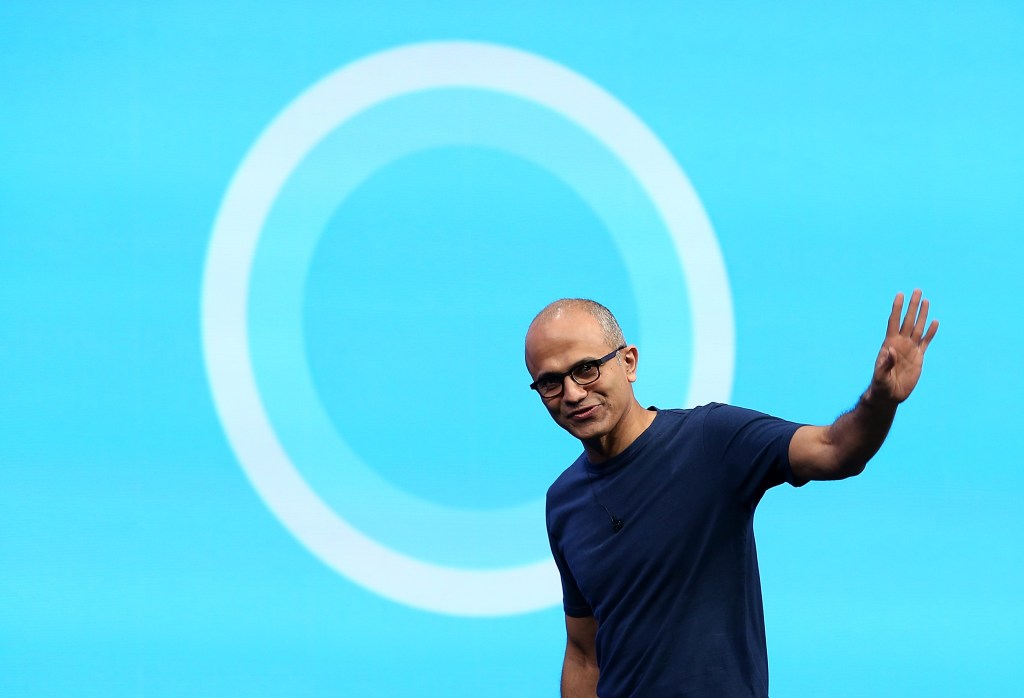After a protracted legal battle spanning nearly five years, Epic Games’ popular battle royale game, Fortnite, has made its much-anticipated return to the U.S. App Store. This reinstatement marks a significant milestone in the ongoing discourse over app store policies and developer rights.
Background of the Dispute
The conflict between Epic Games and Apple began in August 2020 when Epic introduced a direct payment system within the Fortnite app, circumventing Apple’s standard 30% commission on in-app purchases. This move led Apple to remove Fortnite from the App Store, prompting Epic to file a lawsuit accusing Apple of monopolistic practices. The legal proceedings that followed have been closely watched, as they touch upon broader issues of market competition and the control exerted by platform holders over digital marketplaces.
Legal Developments Leading to Reinstatement
In April 2025, U.S. District Judge Yvonne Gonzalez Rogers ruled that Apple was in willful violation of a previous injunction that required the company to allow developers to direct users to alternative payment methods. The judge’s strongly worded decision emphasized that Apple’s actions were intentionally anti-competitive and referred the company for a criminal contempt investigation. This ruling compelled Apple to revise its App Store policies, setting the stage for Fortnite’s return.
Epic Games’ Response and Peace Proposal
Following the court’s decision, Epic Games CEO Tim Sweeney announced plans to resubmit Fortnite to the U.S. App Store. Sweeney also extended a peace proposal to Apple, stating that if Apple applied the court-mandated, commission-free policy globally, Epic would drop all current and future litigation on the matter. This proposal underscores Epic’s broader goal of advocating for more equitable terms for developers across all platforms.
Fortnite’s Return and New Features
On May 20, 2025, Fortnite officially became available for download on the U.S. App Store. The reinstated version offers players the option to make in-game purchases directly through Epic’s payment system, bypassing Apple’s in-app purchase mechanism. To incentivize this option, Epic is providing a 20% cashback reward for purchases made via their direct payment method. This feature aims to benefit consumers while challenging traditional app store revenue models.
Implications for the App Store Ecosystem
The return of Fortnite to the App Store has significant implications for the broader app ecosystem. It sets a precedent for other developers seeking to offer alternative payment methods and challenges the dominance of platform holders in dictating terms. This development may encourage more developers to advocate for policy changes that promote a more competitive and fair marketplace.
Conclusion
Fortnite’s reinstatement on the U.S. App Store after a five-year hiatus is more than just the return of a popular game; it symbolizes a pivotal moment in the ongoing debate over digital marketplace fairness and the rights of developers. As the industry continues to evolve, this case may serve as a catalyst for further discussions and reforms aimed at creating a more balanced and competitive app ecosystem.



